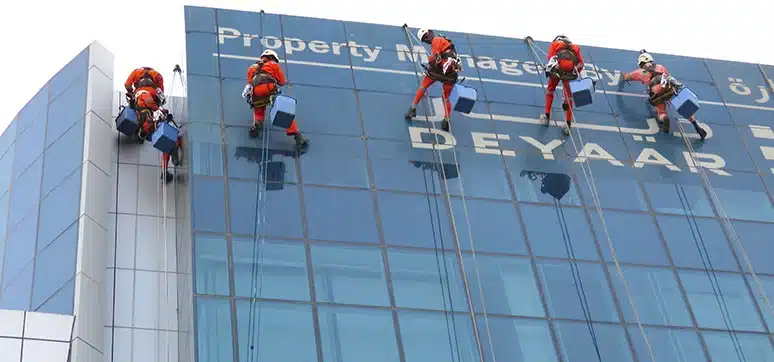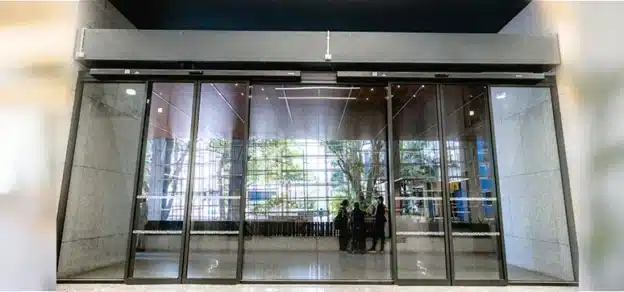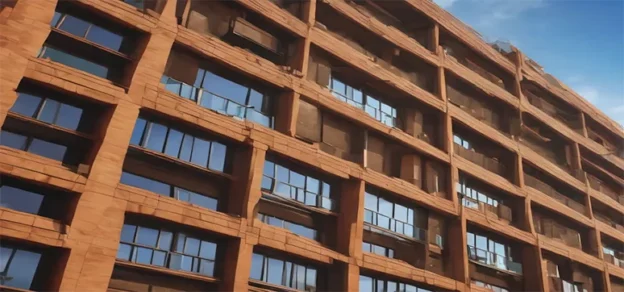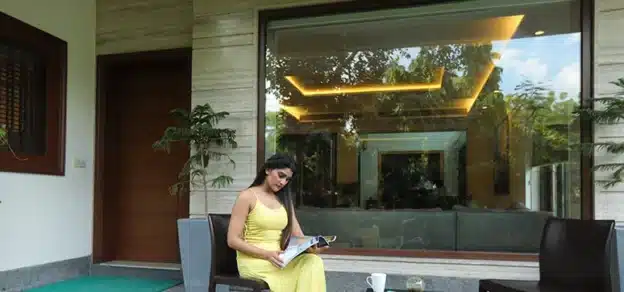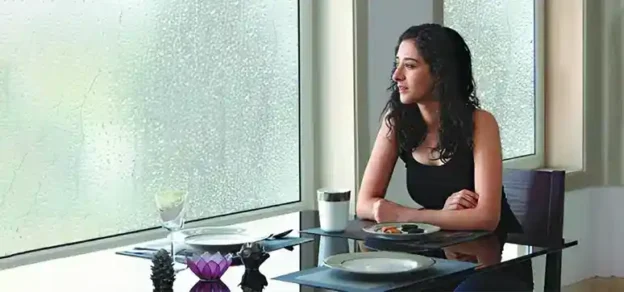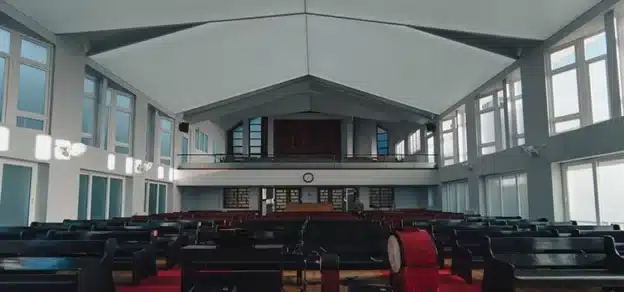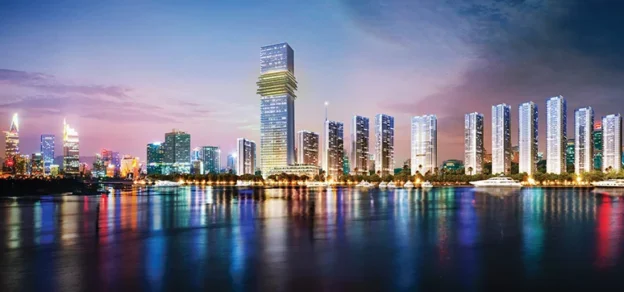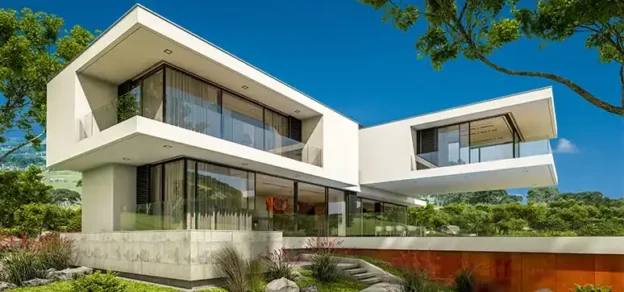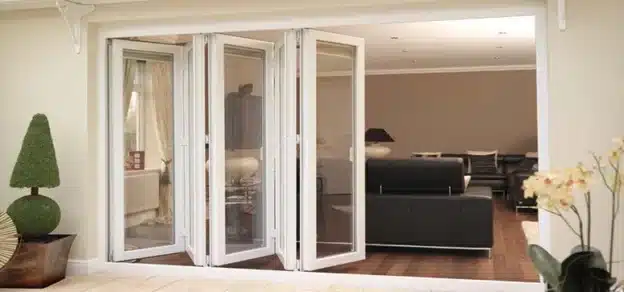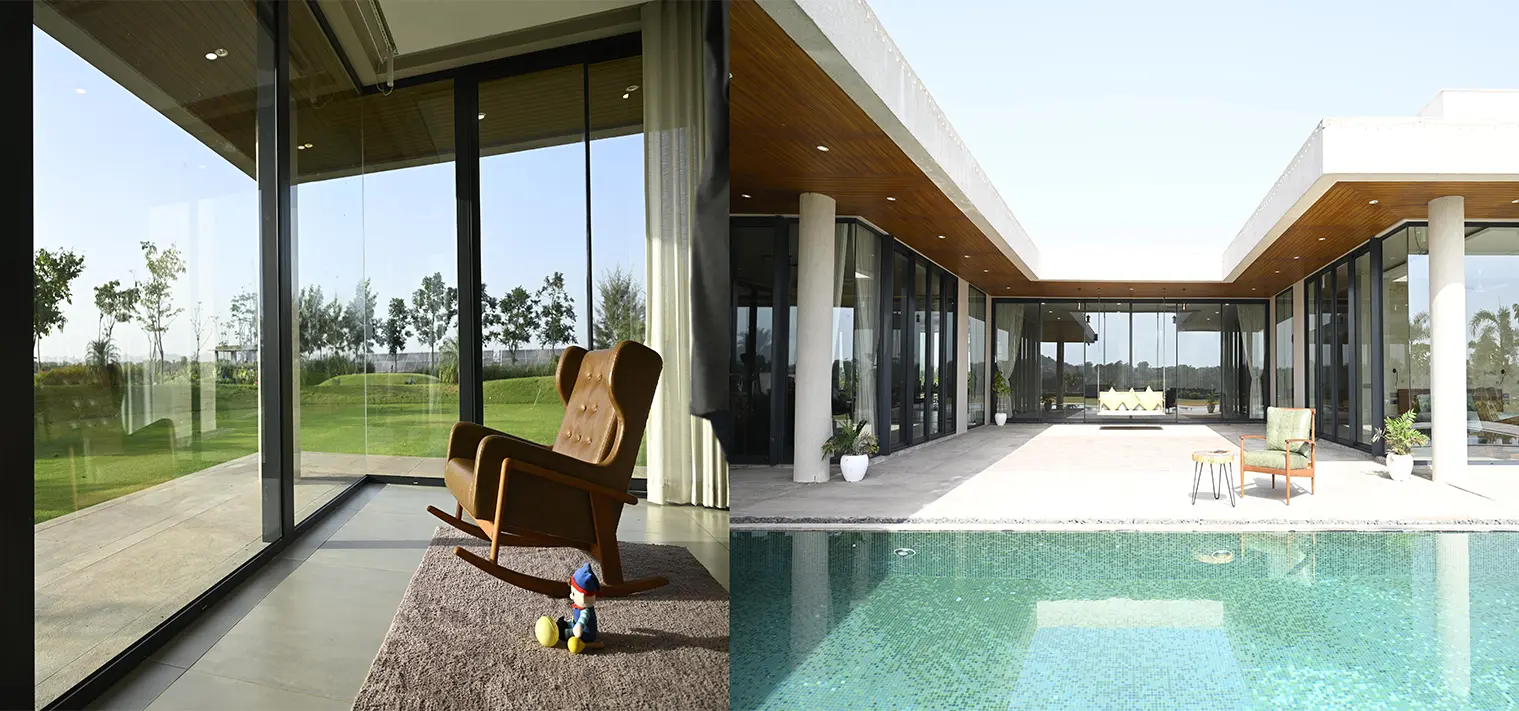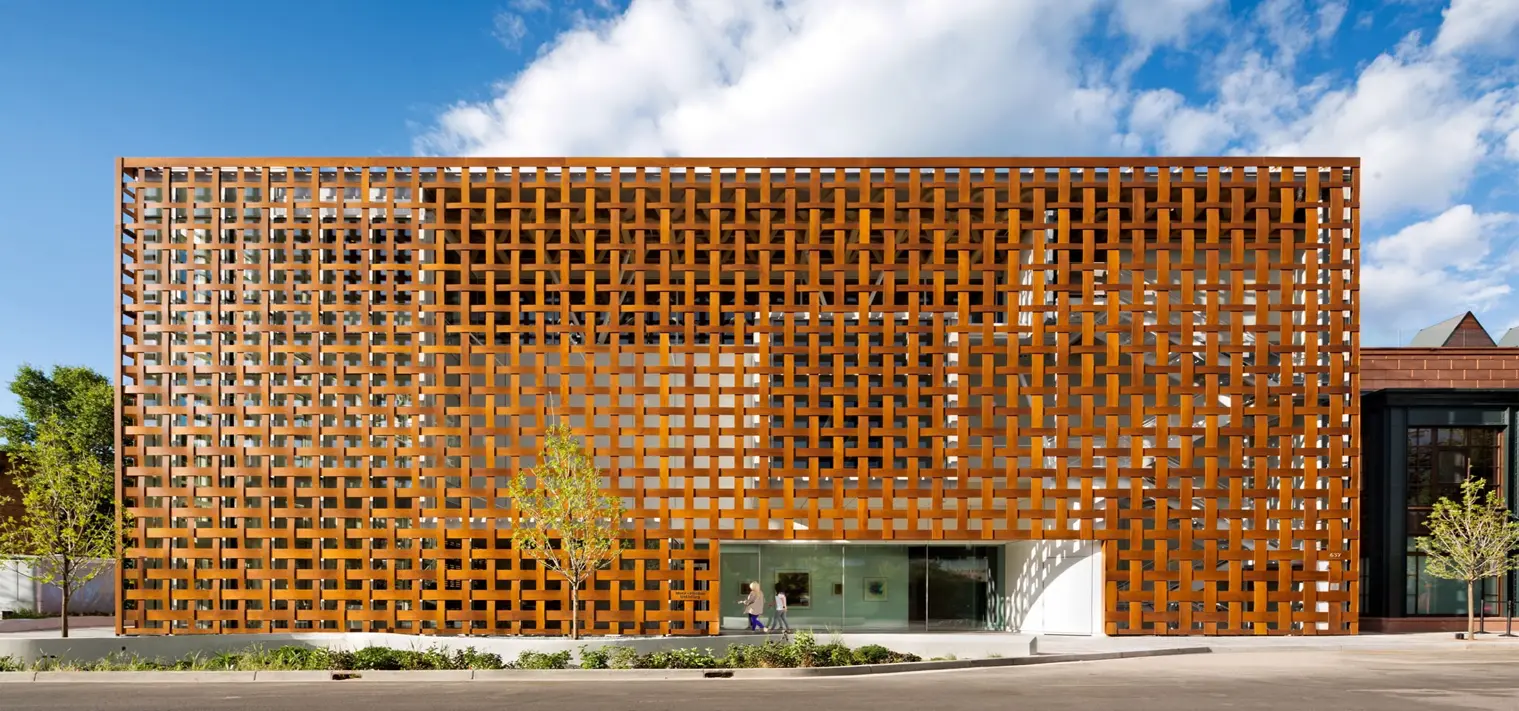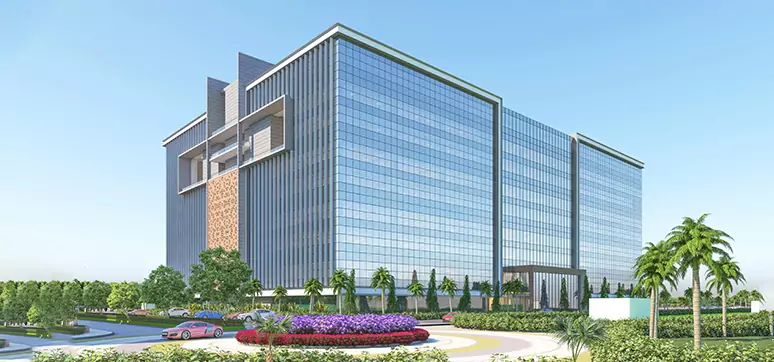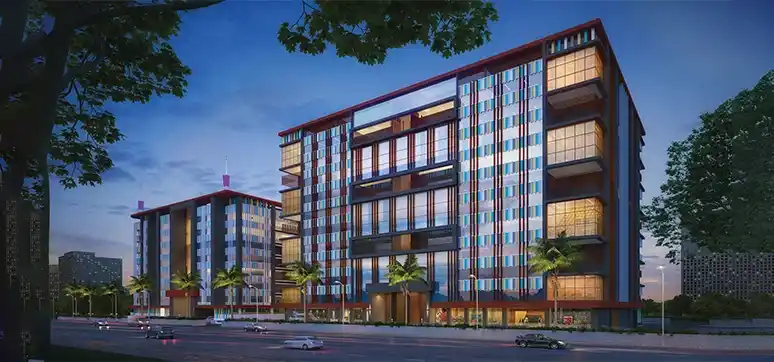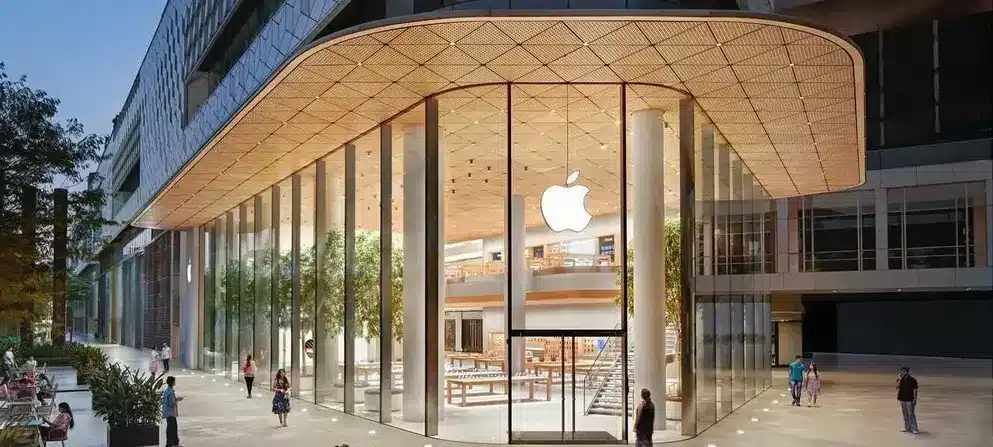Glass has significant advantages in high-rise construction. It is less expensive when compared to traditional wall enclosures for big and repetitive façades. Its modules are light in weight, fast to install, and space-saving in terms of floor area, along with the ability to transmit natural light deep into the floor plates of the high-rise building. Also, Glass is easy to clean and maintain due to its physical properties.
Current computational technology helps to design façades that are optimal for specific performance parameters. A range of simulation software is used to test glass façades digitally for numerous parameters to comply with design and code requirements before formulating construction specifications. Once this exercise is done by architects and engineers, façade specifications of glass can be informed by these simulation results, to meet performance precisely in the context of design and environment.
Pros of Using Glass on Façades:

• Glass façades are weather resistant and can withstand rain, wind, and heat exposure effectively without deterioration.
• Glass can be manufactured into big modules to allow more daylight penetration into deep floor plates of high-rise buildings and simultaneously block heat due to available low E coatings.
• Glass is a recyclable material. Glass modules can be reused and repurposed into retrofitting projects or they can be sent to recycling plants to be used in manufacturing new glass.
• Glass is aesthetically pleasing due to its lighter visual weight and light-emitting properties. It adds an immaculate look to the space and building exterior.

Cons of Using Glass on Façades:
• Glass as a material presents a challenge to comply with safety standards due to its brittle nature. It is a difficult and challenging job to handle glass during installations in façades.
• Glass is not an apt material for earthquake-prone areas. If glass façade modules fall off in times of earthquake, they would pose a danger to life.
• Glass poses another challenge of glare if not designed properly. Also, it can reflect heat if its surfaces are curved and coated inappropriately resulting in damage to the surrounding built environment.
• Glass is bad at reflecting heat unless treated or oriented properly. It can heat the interiors of a space resulting in a greenhouse effect, which in turn can increase a building’s energy requirements drastically.
Numerous innovations provide opportunities for glass façades to perform more than just an aesthetic element of the façade. In the future, 3D organic glass modules that can be formed with various digital fabrication tools and technologies can be an interesting avenue. Creating parametric forms with these non-Euclidian glass façade modules would be an exciting project. Moreover, glass façades that are affordable and yet intelligent in terms of their environmental performance are another intriguing area.
